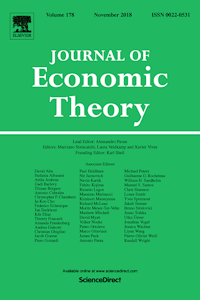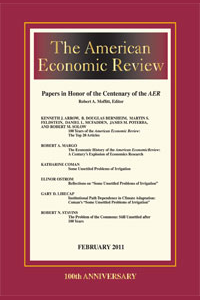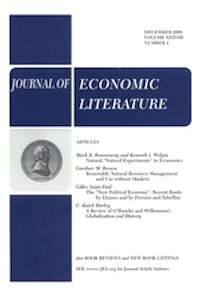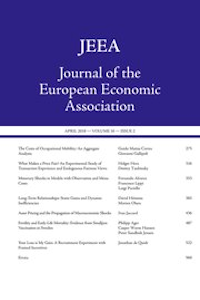
Ehlers, L. and Erdil, A.
Efficient assignment respecting priorities
Journal of Economic Theory
Vol. 145(3) pp. 1269-1282 (2010)
Abstract: A widespread practice in assignment of heterogeneous indivisible objects is to prioritize some recipients over others depending on the type of the object. Leading examples include assignment of public school seats, and allocation of houses, courses, or offices. Each object comes with a coarse priority ranking over recipients. Respecting such priorities constrains the set of feasible assignments, and therefore might lead to inefficiency, highlighting a tension between respecting priorities and Pareto efficiency. Via an easily verifiable criterion, we fully characterize priority structures under which the constrained efficient assignments do not suffer from such welfare loss, and the constrained efficient rule (CER) is indeed efficient. We also identify the priority structures for which the CER is singleton-valued and group strategy-proof
JEL Codes: C78, D81
Author links: Aytek Erdil
Publisher's Link: http://dx.doi.org/10.1016/j.jet.2010.02.007 ![]()



